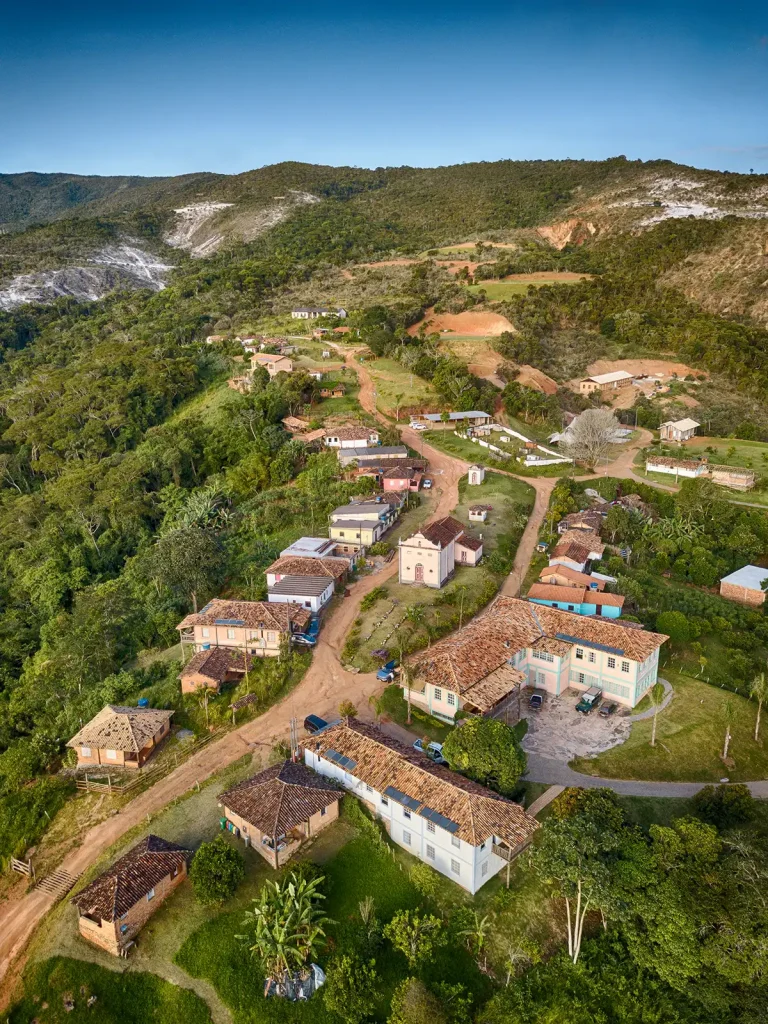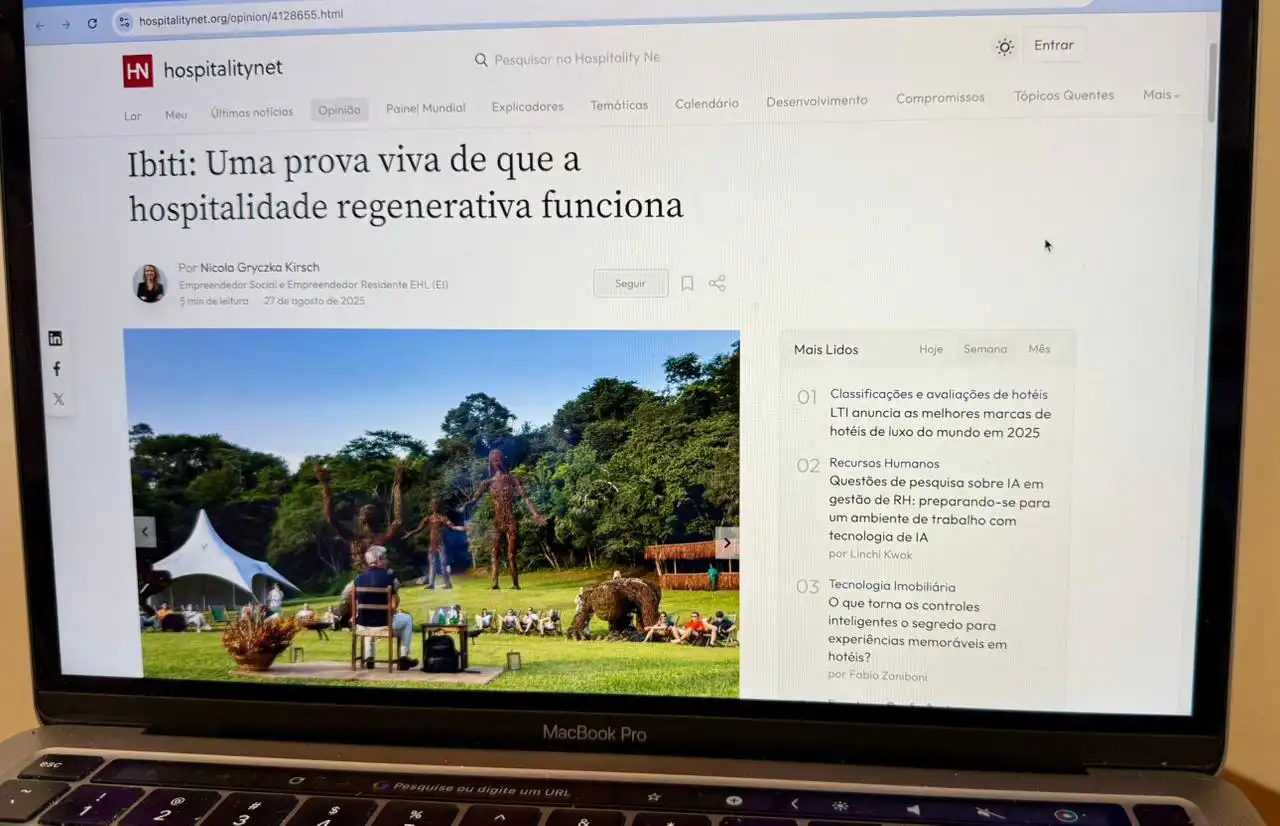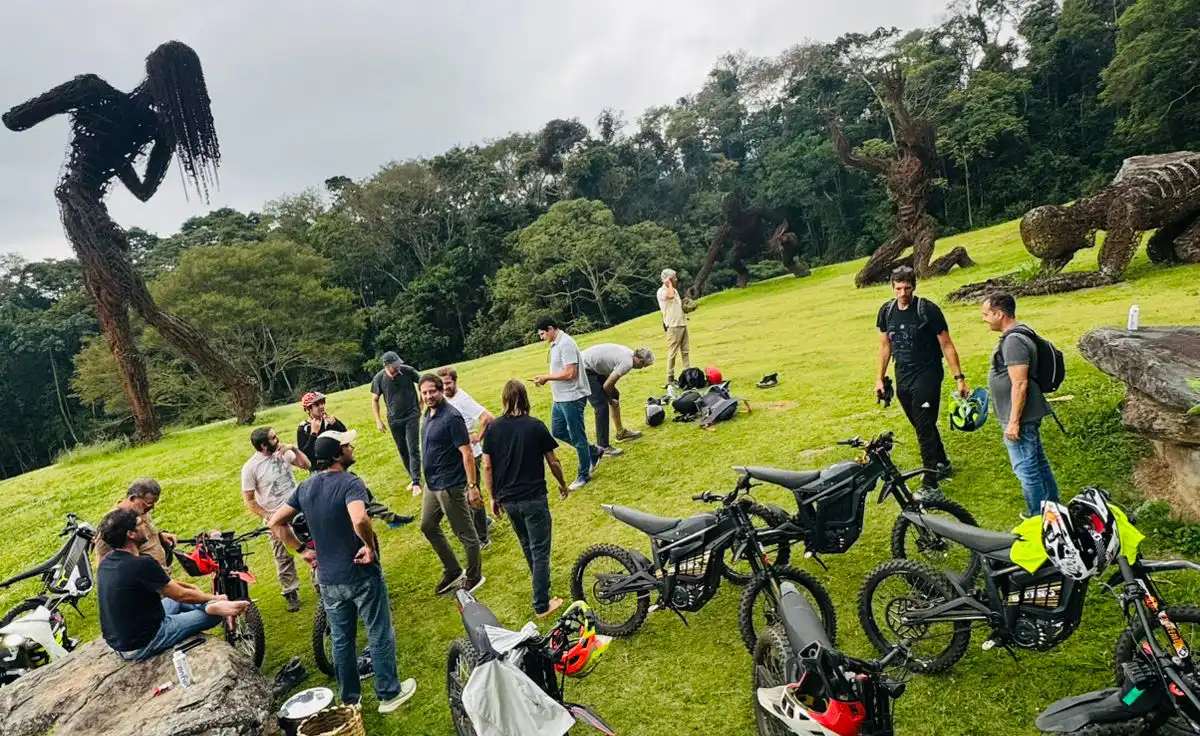Ibiti Projeto was recently featured on the international portal Hospitality Net, one of the most respected sites in the hospitality and tourism sector, recognized globally as a source of news, analysis and insights for professionals in the hospitality industry. The article was written by Nicola Gryczka Kirsch, a social entrepreneur and Entrepreneur in Residence at the EHL (École Hôtelière de Lausanne), with extensive experience in innovation, regeneration and socio-environmental projects.
Entitled "Ibiti: A living proof that regenerative hospitality works"The text presents Ibiti as a living model of regenerative hospitality, which goes beyond sustainability to restore ecosystems, strengthen communities and renew the human spirit.

Transforming landscapes and communities
Over more than 40 years, Ibiti has transformed more than 6,000 hectares of degraded land in the Atlantic Forest into a biodiversity refuge. The rewilding has already reintroduced endangered species such as the jacutinga and is still working on reintroducing the northern muriqui, as well as developing initiatives aimed at the return of other animals, such as the tapir.
But the regeneration is not just ecological. More than 300 people work on the project, in ventures such as hotels, restaurants, bicycles and tourism experiences, strengthening the local economy and promoting community empowerment. An emblematic example is Vila Mogol, which has been reborn as a vibrant village for locals and guests, demonstrating that regenerating a community is just as important as restoring nature.

Regenerative hospitality in action
The article emphasizes that staying at Ibiti is more than a tourist experience: it's entering a living system, where visitors and locals share spaces, meals and everyday moments. In this environment, connections, respect and collaboration emerge, making the social and ecological impact part of each guest's experience.
Nicola Gryczka Kirsch was in Ibiti in August 2025, immersed in the project to study ways of implementing a model of membership and develop a replicable model of regenerative hospitality. His visit reinforces Ibiti's vision as a living laboratory for innovation in sustainable tourism.
The Ibiti model can be replicated in other destinations, as long as there is a commitment to long-term care, genuine collaboration and clear principles:
- Put life at the center
- Empowering communities
- Let nature lead

Why it matters
Although regenerative initiatives are still rare in global hospitality, Ibiti proves that it is possible to generate real and measurable positive impact by integrating conservation, culture and human well-being. Recognition by Hospitality Net reinforces Ibiti as an international benchmark and inspiration for other projects around the world.





